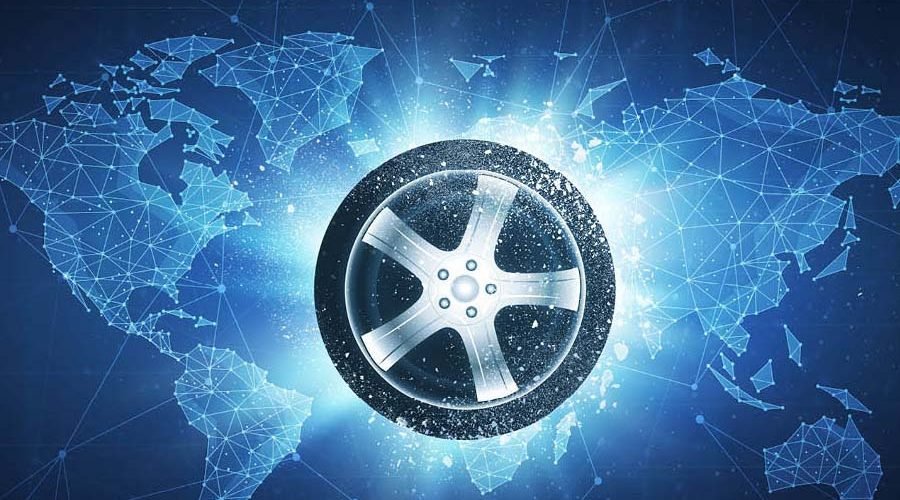Artificial intelligence (AI) has had a significant impact on many industries, and the automotive industry is no exception. From self-driving cars to predictive maintenance, AI has brought about numerous improvements in the way cars are designed, manufactured, and operated.
One of the most significant impacts of AI on the automotive industry is the development of self-driving cars. Self-driving cars use a combination of sensors, cameras, and advanced algorithms to navigate roads and make decisions without human intervention. This technology has the potential to revolutionize transportation, making roads safer and reducing traffic congestion.
Another way AI has impacted the automotive industry is through the use of predictive maintenance. With the help of AI, car manufacturers and automotive software development companies can predict when a particular component is likely to fail and schedule maintenance before it happens. This reduces the likelihood of unexpected breakdowns, improves safety, and helps owners save money on repairs.
AI has also impacted the automotive hmi design and manufacturing of cars. With the help of AI, designers can create more efficient and aerodynamic designs, resulting in better fuel economy and reduced emissions. AI algorithms can also be used to optimize manufacturing processes, reducing waste and increasing efficiency.
AI has also had an impact on the way cars are marketed and sold. With the help of AI-powered chatbots, car manufacturers can engage with potential customers and provide them with personalized recommendations based on their preferences. This improves the customer experience and helps manufacturers sell more cars.
However, there are also concerns about the impact of AI on the automotive industry. One of the biggest concerns is the potential loss of jobs as automation takes over many tasks that were previously done by humans. As self-driving cars become more common, there may be a reduced need for human drivers, which could have a significant impact on the job market.
There are also concerns about the safety and security of self-driving cars. While the technology has the potential to reduce accidents, there is also a risk that hackers could gain control of self-driving cars, causing accidents or using the vehicles for malicious purposes.
In conclusion, AI has had a significant impact on the automotive industry, bringing about numerous improvements in the way cars are designed, manufactured, and operated. Self-driving cars, predictive maintenance, and improved efficiency are just a few examples of the benefits of AI in the automotive industry. However, there are also concerns about the impact of AI on jobs and the potential safety and security risks associated with self-driving cars. As AI technology continues to develop, it will be important to address these concerns while continuing to reap the benefits of this exciting and innovative technology.





